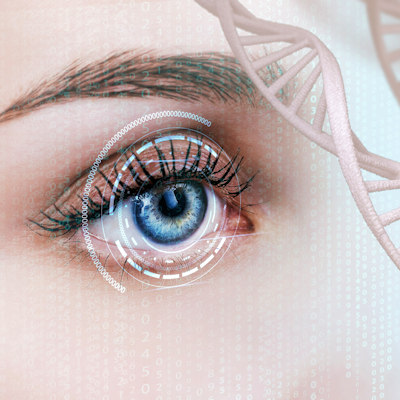 Therapeutic target may aid in glaucoma treatment
Therapeutic target may aid in glaucoma treatment
Indiana University School of Medicine researchers have identified a new therapeutic target that could lead to more effective glaucoma treatment. The research, published recently in Communications Biology, found that restoring mitochondrial homeostasis in diseased neurons can protect optic nerve cells from being damaged. Read More
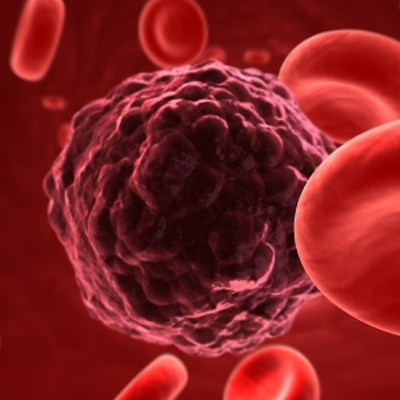 Correlation of enzyme to survival reveals potential target for metastatic solid tumors
Correlation of enzyme to survival reveals potential target for metastatic solid tumors
The enzyme lysyl hydroxylase 1 (LH1) promotes the migration and metastasis of solid tumor cells and is associated with shorter survival, according to a recent study published in Molecular Cancer. Read More
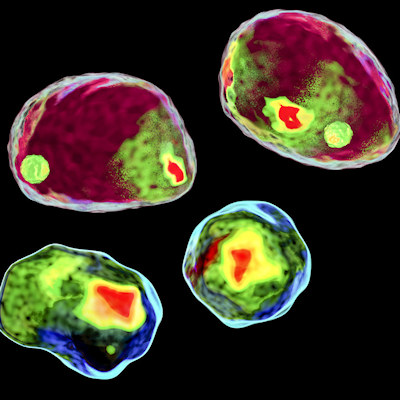 Convert a smartphone into a fluorescent microscope for under $50
Convert a smartphone into a fluorescent microscope for under $50
A few simple components can convert a smartphone or tablet into a fluorescent microscope for under $50 per unit. Read More
 Improved gut-on-chip devices spur research into how the microbiome affects human health
Improved gut-on-chip devices spur research into how the microbiome affects human health
Gut-on-chip devices can now simulate microbial and human cellular biology to enable the analysis of the microbiome, according to a study published in APL Bioengineering. Read More
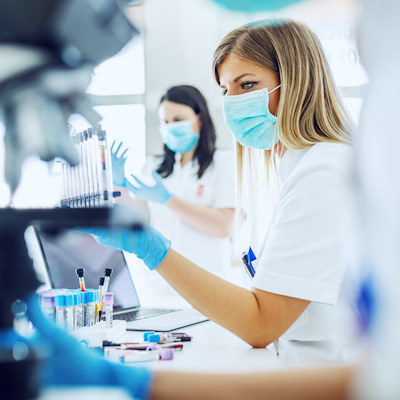 At SLAS 2023, BioAuxilium Research announces expansion of TR-FRET technology portfolio
At SLAS 2023, BioAuxilium Research announces expansion of TR-FRET technology portfolio
BioAuxilium Research this week announced the expansion of its no-wash Thunder time-resolved Förster resonance energy transfer (TR-FRET) technology portfolio at the annual Society for Laboratory Automation and Screening (SLAS) International Conference and Exhibition in San Diego. Read More
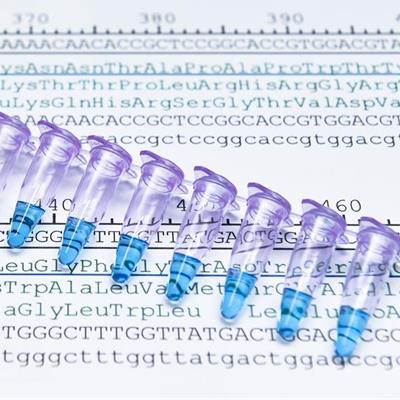 Agilent Technologies announces integrated on-deck thermal cycler for NGS platform
Agilent Technologies announces integrated on-deck thermal cycler for NGS platform
Agilent Technologies on Monday announced the release of an on-deck thermal cycler (ODTC) that integrates with its Bravo NGS automated liquid handling platform. Read More
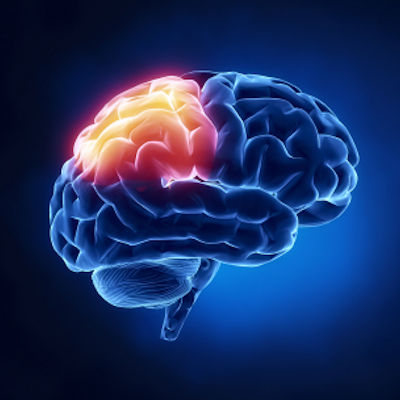 Head injuries may increase brain cancer risk by changing cell behavior, study finds
Head injuries may increase brain cancer risk by changing cell behavior, study finds
Head injuries may increase the risk of developing brain cancer in later life by causing astrocytes to exhibit stem cell behavior, according to a study published in Current Biology. Read More
 Agilent launches cell analysis workflow automation for immuno-oncology, virology, and vaccine development
Agilent launches cell analysis workflow automation for immuno-oncology, virology, and vaccine development
Agilent Technologies on Friday announced that it has integrated its xCelligence RTCA HT (real-time cell analysis high-throughput) platform with the firm’s BioTek BioSpa 8 Automated Incubator, enabling a higher level of workflow automation. Read More
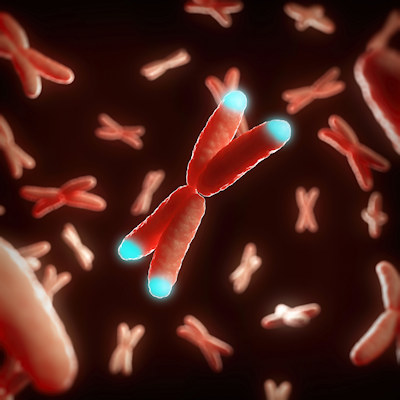 Discovery of telomere-encoded proteins spurs work on blood test for biological age
Discovery of telomere-encoded proteins spurs work on blood test for biological age
The discovery that telomeres, previously considered noncoding DNA, are involved in the production of two proteins is spurring interest in the development of a blood test for biological age. Read More
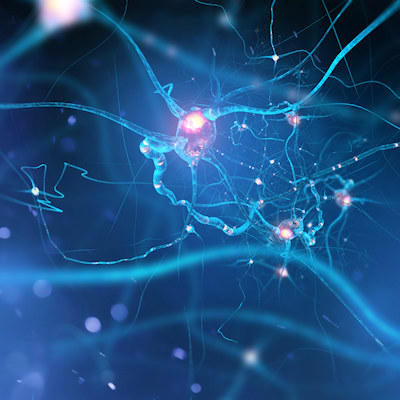 Novel repair strategy for DNA damage in neurons
Novel repair strategy for DNA damage in neurons
Harvard Medical School researchers have discovered a novel mechanism used by neurons to repair the DNA damage induced by neuronal activity. The study, published February 15 in Nature, revealed a protein complex that initiates a pathway to repair DNA breaks. Read More
Conferences
Science Briefs
Member Rewards
Earn points for contributing to market research. Redeem your points for merchandise, travel, or even to help your favorite charity.
Research Topics
Interact with an engaged, global community of your peers who come together to discuss their work and opportunities.
Connect
Tweets by @ScienceBoard






